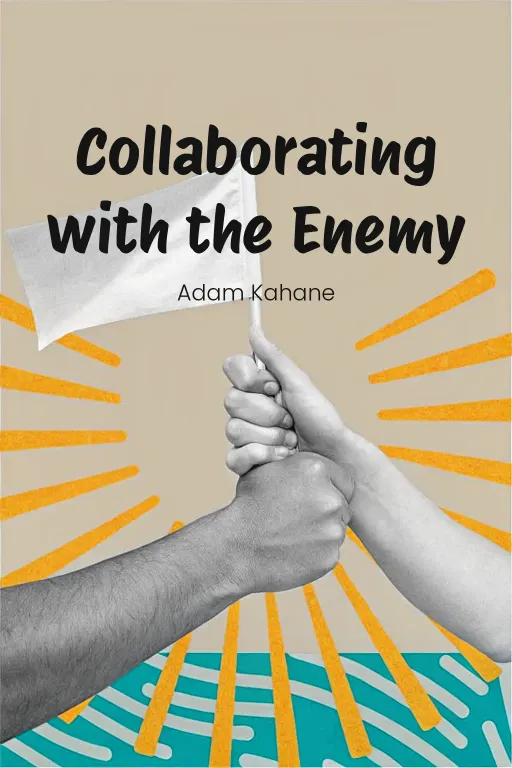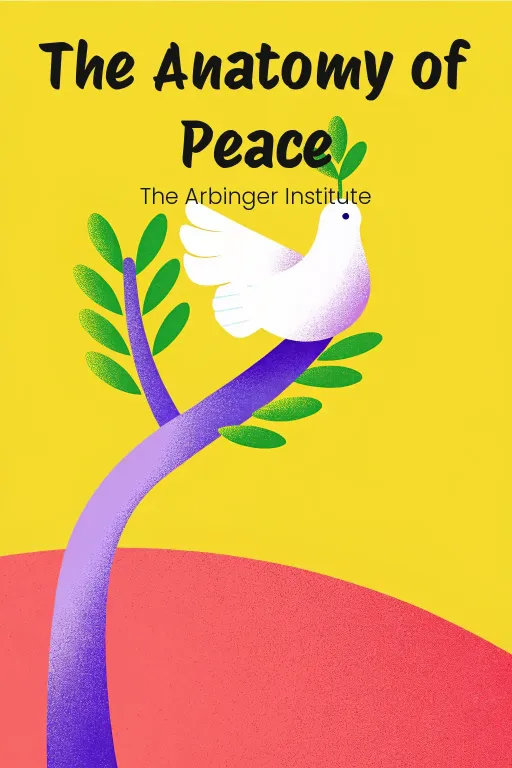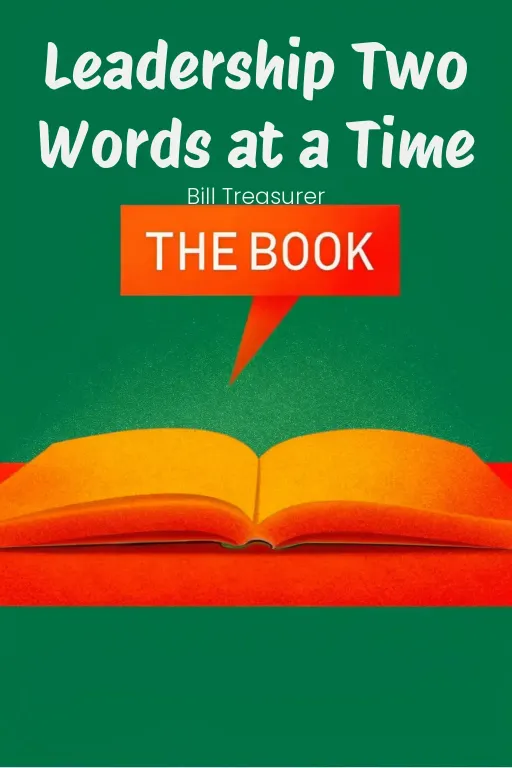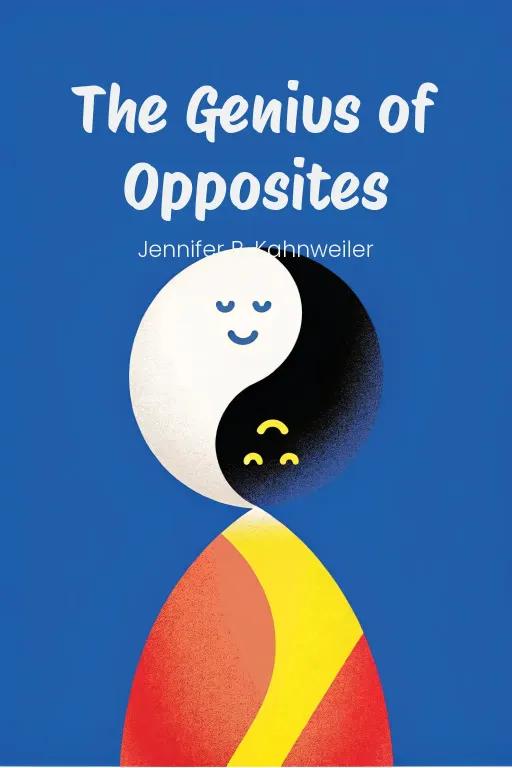
Opposites: Your Team's Secret Weapon
Podcast by Beta You with Alex and Michelle
How Introverts and Extroverts Achieve Extraordinary Results Together
Opposites: Your Team's Secret Weapon
Part 1
Alex: Hey everyone, welcome to the show! Michelle, let me ask you something. Have you ever worked with someone who's just, like, your polar opposite? You know, maybe you're the one throwing out crazy ideas, and they're meticulously planning everything out. Does that ring a bell? Michelle: Does it ever, Alex! Sounds like a collision course waiting to happen, right? But what if, instead of a disaster, that clash of styles became a source of actual innovation? That's what we're digging into today. Alex: Exactly! We're talking about The Genius of Opposites by Jennifer B. Kahnweiler. The book explores that dynamic between introverts and extroverts, and how those totally different approaches can actually lead to some amazing breakthroughs—if you know how to work with them. It’s really full of practical advice, five clear steps, and some really memorable stories that show how embracing those differences can “really” change how a team works. Michelle: So, here’s the plan. First, we're going to look at the friction that naturally pops up in these pairings. I mean, being different isn’t always a walk in the park. Then, we’ll dive into Kahnweiler’s ABCDE framework – which, I guess, is like a guide to making that friction actually useful. And finally, we’ll check out some well-known partnerships, from Lennon and McCartney to the folks who created Alibaba. Seems opposites don’t just attract, they actually create. Alex: So whether you’re an extrovert, an introvert, or just trying to figure out the whole dynamic, this episode’s definitely for you. Let’s get into it and see how these genius opposites do their thing!
Leveraging Introvert-Extrovert Partnerships
Part 2
Alex: Okay, let’s start with the basics, Michelle. What do we even “mean” when we say "introvert" and "extrovert"? It's not just about being shy versus outgoing, there's a lot more to it than that. Introverts really recharge best when they're alone, they like to think and reflect, kind of process things internally before acting. Extroverts, on the other hand, they get their energy from being around people, in social situations. Michelle: Exactly. And that's where, you know, things can get interesting, right? Imagine an introvert trying to, like, really focus on a project, needs quiet time. Then an extrovert bursts in, full of energy, wants to brainstorm “everything” “right now”. It's like... trying to meditate during a rock concert. Or at least, I imagine that’s how the introvert might feel! Alex: Absolutely! But those very differences are what make these partnerships so powerful, you know? Introverts bring depth and thoughtfulness. Extroverts? They're great at rallying people, sharing ideas, getting things moving. So, each brings strengths that the other really needs. The key is to see those differences as things that complement each other, not things that are in conflict. Michelle: Okay, sure, easier said than done, right? I mean, miscommunication is basically a given. Like, I remember Kahnweiler saying introverts can be seen as aloof or disengaged just because they're quiet, while extroverts might seem overbearing because they're so vocal. They’re almost speaking different languages! Alex: Exactly, and that's where we need strategies. Kahnweiler has this framework, she calls it the ABCDE’s. It's like a step-by-step way of taking that, you know, oil-and-water mix and turning it into something a bit more… harmonious. Maybe peanut butter and jelly. Michelle: Alright, ABCDE... so A is “Accept the Alien." Which sounds like, I don't know, some kind of sci-fi movie? Alex: Well, it's about accepting that you and your partner are different. You're not going to change their fundamental personality, so don't even try. There's this great example of Anthony Morris and Errol LaGrange, right? They're an introvert-extrovert pair who co-founded an online training company. At first, Anthony's calm, practical approach clashed with Errol's… flamboyant personality. I mean, Errol wore bright turquoise cowboy boots to a business meeting! Huge friction at the beginning, but once they stopped trying to "fix" each other? And started valuing their strengths? That's when things really took off for them. Michelle: Okay, so next up is "Bring on the Battles." Which doesn’t literally mean start a shouting match, I hope? Alex: No, no shouting matches needed. It’s about seeing conflict as a chance to refine ideas, make them better, not a reason to, you know, wreck a relationship. Take Dr. Alice Stewart and her statistician partner George Kneale. She had this idea X-rays during pregnancy were linked to childhood cancer, and he went after her data, tried to poke holes in it. That could've been a really combative situation, right? But instead, it became a collaboration. His questions helped her data become rock solid, which led to, you know, some major changes in medicine. Michelle: So instead of avoiding disagreements, lean into them, but you need to be respectful about it. Okay, I get that. What’s next? Alex: "Cast the Character," that's letter C. This is where you really make the most of each person's strengths. Think about Jack Ma and Jonathon Lu at Alibaba. Jack, he was the big visionary, the extrovert. He was the face of the company, he’s up on stage inspiring everyone. Jonathon, the introvert, quietly, behind the scenes, he was turning that vision into reality with his operational skills. Michelle: It’s like a pitcher and a catcher in baseball. You need both, but if the pitcher tries to be the catcher, it's chaos. Which, okay, makes me wonder: what happens if one person feels stuck in their role? Can you switch positions sometimes? Alex: Absolutely. So, Stephanie and Jane, they co-founded a video production company, gives a great example actually. Usually, Jane's out there charming clients, building those relationships, and Stephanie’s focusing on tech. But when Stephanie would join Jane in client meetings sometimes, it made them stronger as a team and the business grew. So, flexibility doesn't mean you completely ditch your main role, but it gives each of you an appreciation for what the other does, and a little bit more empathy. Michelle: Okay, that makes sense. "Destroy the Dislike,” that sounds pretty self-explanatory. Don't resent your opposite. Alex: Right, easier said than done. But it's about building respect in between the work, too. Ron Alexander, he's an extroverted theater director, he would regularly meet his introverted partner Graham for just coffee. Just relaxed, you know, casual conversation. These little check-ins reduced tension and built trust, which allowed them to really work through any creative differences and put on some great productions. Michelle: Alright, so the last one is E... "Each Can’t Offer Everything." So... is that just lowering expectations then? Alex: Not exactly. It’s about understanding that no single person can meet every need. Instead of putting total responsibility onto one person, you split the tasks based on who’s best at what. Stephanie and Jane figured this out – Stephanie’s tech skills and Jane’s client skills balanced perfectly. When roles are clear and respected, there's a synergy. Michelle: Got it. It’s like building a bridge, right? You don’t expect one beam to hold up the whole thing. Everything plays a part, and together it works. Any other examples where all five steps come together? Alex: John Williams and Steven Spielberg come to mind. Williams is like an introvert’s introvert – methodical, thoughtful, focused on creating deeply emotional music. Spielberg, the extrovert. He’s a dynamic storyteller, always thinking big. They embraced those differences and trusted each other. Led to some of the most iconic movie soundtracks ever. Without Williams's approach balancing Spielberg's energy, movies like E.T. or Jurassic Park just wouldn’t have the same emotional punch. Michelle: That makes the point, I think. And honestly, all these examples show that when these partnerships work, they don’t just "work," they really take off. What’s the big takeaway here from all of this? Alex: Perspective, that’s it. Instead of looking at differences as conflicts, see them as strengths, as advantages. The ABCDE framework helps you get through the misunderstandings and challenges, and gives introverts and extroverts a way to build trust and get into a rhythm. And when you balance those energies, you can achieve great things together.
Conclusion
Part 3
Alex: So, today we've really dug into this fascinating interplay between introverts and extroverts, right? How their different strengths, when used well, can lead to really amazing collaborations. From understanding where each gets their energy to diving into the ABCDE framework, we've seen how embracing differences, instead of trying to get rid of them, is key to success. Michelle: Exactly. I mean, the book highlights that conflict itself isn't the problem—it's usually just mismatched expectations. By "Accepting the Alien," as they put it, and actively creating respectful ways to work through issues, clarifying everyone's roles and responsibilities, and genuinely valuing each other’s perspectives, these often tricky dynamics can actually become a source of strength, instead of just constant frustration. Alex: Absolutely. And let's not forget the big takeaway here: nobody can do everything alone, and honestly, that's perfectly fine. By really focusing on what you're naturally good at, “while” also respecting and appreciating what someone with the opposite traits brings to the table, the possibilities for innovation and growth just become endless. Michelle: Okay, I'm on board. So if someone is listening to this, and maybe they identify as the loud brainstormer or the more reserved strategist, what's one thing they can take away and do “today”? Alex: Just ask yourself, "How can I better appreciate the strengths of someone who is my opposite?" Seriously, just start there and see where it leads. Michelle: Solid. Well, thanks for joining us as we explored The Genius of Opposites. Until next time, keep learning, keep working together, and just remember—differences aren’t weaknesses; they’re your secret weapons. Alex: Exactly! Michelle: Or, you know, at the very least, they make life—and work—a whole lot more interesting. See you next time!









